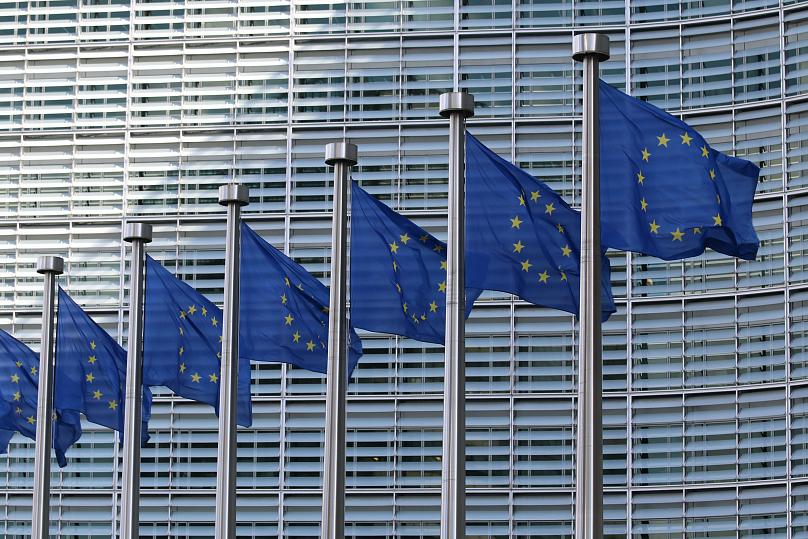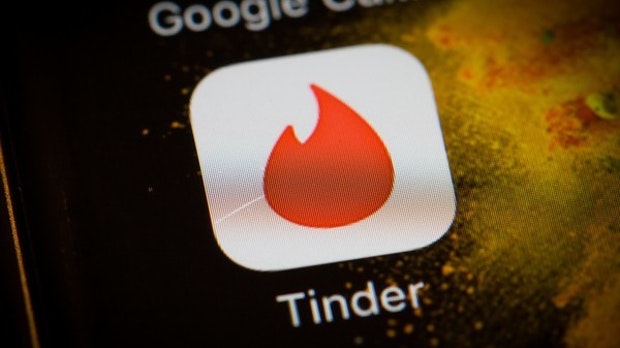A new study published on Tuesday shows that Google is the company that spends the most on trying to influence decision-makers and shape regulations in the EU

According to data compiled from companies submitted to the European Union’s Transparency Registry, each company spends 97 million euros a year on lobbying efforts in Europe.
Corporate Europe Observatory and Lobbycontrol published the results of a study: “The rising lobby firepower of big tech and the digital industry as a whole mirrors the sectors’ huge and growing role in society”.
The study also shows that the technology sector is outpacing other industries such as pharmaceuticals, fossil fuels, finance, and chemicals.
“The tycoon spends money – Technology”
More than 97 million euros are spent annually by 612 companies, groups, and associations in the field of technology and digital. The purpose of this spending is to lobby on EU digital economy policies. Of that total, US-based companies make up 20%, with Chinese companies at least making up less than 1%.
According to the study, the six companies with the most spending, ranked from highest to lowest are Google, Facebook, Microsoft, Apple, Huawei, and Amazon with the amount spent respectively 5.75 million euros, 5.5 million euros, 5.25 million euros, 3.5 million euros, 3 million euros, 2.75 million euros.

Accounting for more than a third of industry lobbying spending in Europe are Vodafone, Qualcomm, Intel, IBM, Amazon, Huawei, Apple, Microsoft, Facebook, and Google.
Immediately responding to Reuters’ request for comment, Google said: “We have clear policies in place to protect the independence of the people and organizations we sponsor, including a requirement to divulge funding.”
Microsoft also replied: “The European Union has been and remains an important stakeholder for Microsoft. We seek to be a constructive and transparent partner to European policymakers,”
The three companies that did not respond to Reuters were Facebook, Apple, and Amazon.
“Buy access”
The Digital Markets Act (DMA) and Digital Services Act (DSA) proposed by the EU are the targets that the lobbying efforts of digital and technology companies are focused on.
Big Tech’s “knights” are controlled by Two EU statutes by applying stricter competition rules, forcing more transparency in advertising and making them responsible for illegal content posted hosted on their platform.
Of the 271 meetings the EU Commissioners hold to discuss the DSA and DMA, the technology companies or trade groups involved account for about 75%.
an economics professor at Imperial College London and former Chief Economist of the Competition Directorate of the EU Commission, Tommaso Valletti said: “The economic and political power of the digital giants is hefty, and they are not going to remain passive in the face of possible new rules that affect the way they conduct their business That’s why the EU institutions urgently need to change the way they handle this lobbying and limit the power of big tech”.
The role of think tanks and even political parties of the EU Parliament in promoting the views of the tech industry is also highlighted by the study.






















